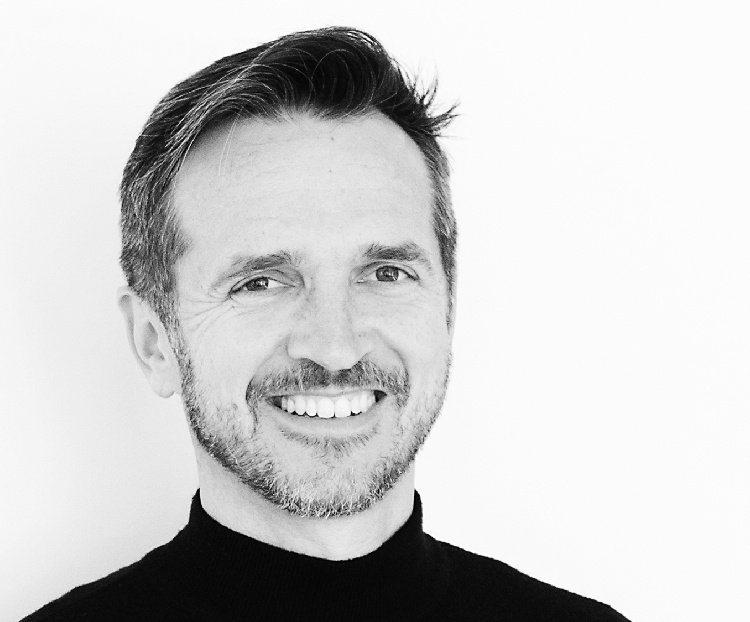This is a guest post from Simon Young. Simon’s an entrepreneur, journalist and aspiring filmmaker from Auckland, New Zealand.
First up, thanks very much to Simon for the opportunity to guest post on his blog. My name is Simon Young (same first name so as to avoid confusion).
On my own blog, http://madyoungthing.blogspot.com, I talk about everything but especially marketing and technology, with a bit of psychology and spirituality thrown in for good measure. I also founded SimonYoungWriters, a crack team of specialist writers in various disciplines. If you need words, the right words, for the right people, we’ve got ’em.
Sorry, sales pitch over.
In fact, I don’t want to sell today, I want to ask you a question. In an increasingly globalised world, do you care where your words – or anything else – comes from? When a conversation is just an email or a Skype call away, does it matter that you’re dealing with someone in a different location?
For me, running a business in a very small economy like New Zealand, this is quite a vital question. But it’s also a pressing question for someone like Andrew Swift, MD of a UK marketing services recruitment firm Price Jamieson, who just sold his company to Aquent. On a recent ResearchTalk podcast, Swift said companies are getting much more global, which means partners and suppliers are also expected to be global. He said to provide that sort of service, a recruitment company needs to be on the ground. I agree.
But what about a writing service? Web development? Ad agency? PR consultant? What are the services you would consider going offshore for, and which services absolutely require someone in your neighbourhood?
Social networking spam?
Spam is as pernicious as ever, and endangers the viability of email as a marketing medium. But it doesn’t just affect marketers who use email as a sales and marketing channel.
Social media, which has overtaken email marketing as the Most Exciting Thing Ever, is held together by email. Confirmations, opt-ins, notifications, invitations are all sent using email.
I didn’t give it much thought until receiving an invitation to join WAYN (Where Are You Now) from a colleague. A few hours later, I received an email from the colleague asking me to ignore it, saying:
“Whist the WAYN service may be legit, and may even be ok to use – any contact with their website seems to result in a file invading your email contact list and exporting it so I suggest you delete any emails from WAYN immediately.”
Scary stuff! But it was just a one-off, so I didn’t pay it much mind.
Only days later, I received an invitation from another colleague, a man in his 50s, not someone I expected to be part of the social network Tagged.com. However, the email said he’d tagged me as a friend. Maybe he’s trying something new? Getting down wif da youth… hm.
But no. This email arrived from him shortly afterwards:
“My apologies I have been spammed and my address book penetrated….. The offending site has been reported. We are cleaning our data files.”
Hmmm.
It’s not really clear from his email (and I haven’t checked) whether “the offending site” is Tagged.com, or another site. A phishing scam perhaps?
Anyway, it’s a sobering reminder that spam is ever present. Be careful out there!
Work-life balance or separation?
As I waded through emails, RSS feeds and twitter posts this morning, I heard about Tim Ferris’ radical ideas. This guy takes no prisoners: we don’t need work/life balance, he suggests, we need work/life separation. Which means planning leisure time activities as seriously as if they were business commitments.
That’s a familiar message, from books like The Seven Habits of Highly Effective People to familiar stories like the one about fitting rocks and sand into a jar (you put the rocks – the important things – in first).
What’s special about Tim’s take is his approach to information management. You just don’t need to know everything. Now that’s scary, especially when your credibility seems to be measured by how much you know about what.
Ferris recommends the “Low Information Diet”. Is it possible to maintain? And how low is too low? Whatever it is, it must be better than my information binges and purges. Maybe the big thing for the second half of 2007 will be fatblogging for infomaniacs!
Global marketing, social networking spam and work-life separation

About SIMON
I work with technology-centric businesses as an interim Chief Operating Officer (COO), consultant and advisor. I created the B3 framework® for scaling technology businesses and I write a newsletter called Build for leaders who are building brilliant companies.

